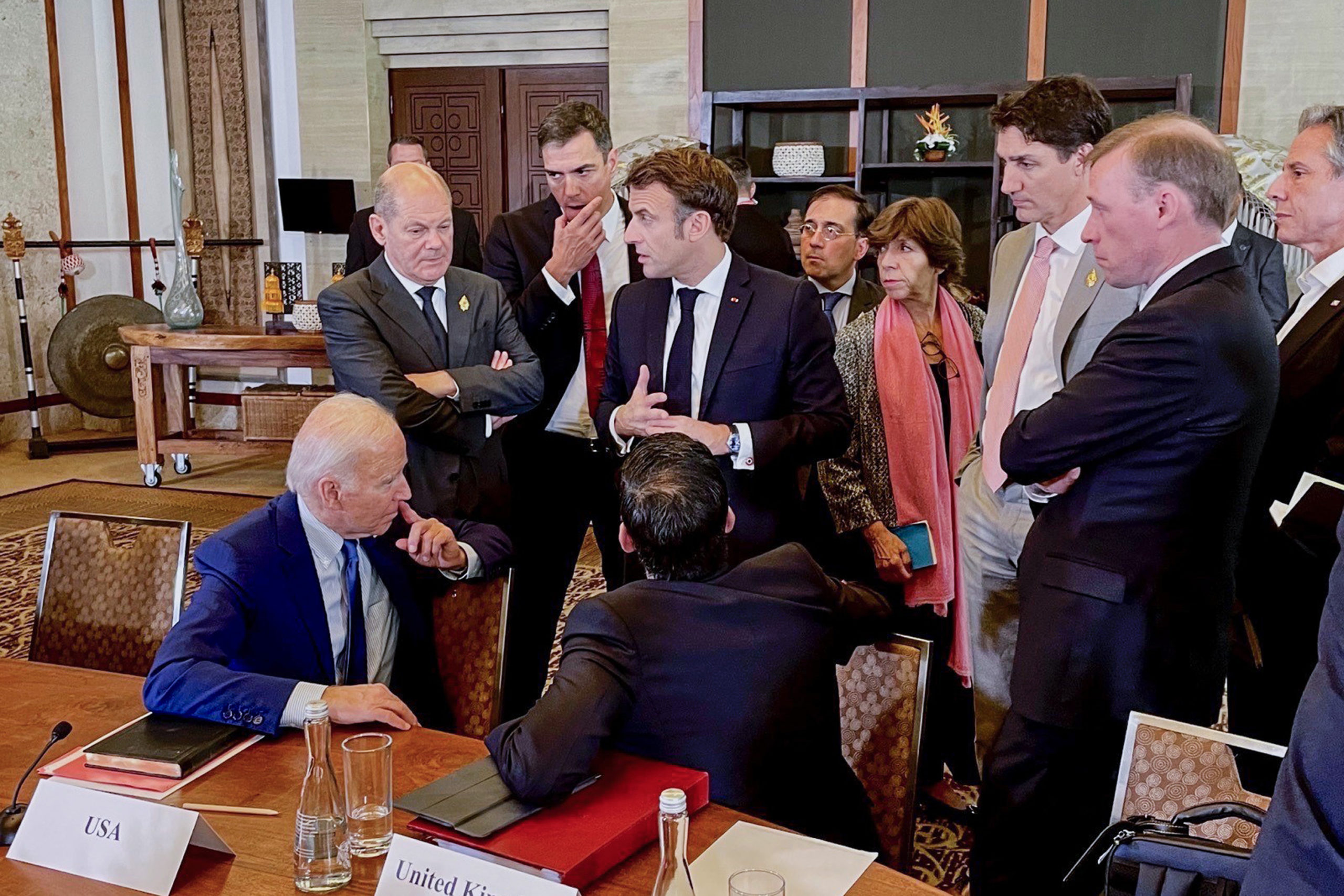Global energy prices could rebound to previous highs after the European Union (EU) rolls out a total ban on Russian oil imports, which could further constrict the world’s oil supply, CNBC reported Thursday.
EU countries decided to ban Russian crude oil in early June to punish Russia for invading Ukraine; however, the ban, which will take effect on Dec. 5, could further squeeze global oil supplies and make fuel more expensive, according to CNBC. In anticipation of the ban, the U.S. and its allies in the Group of Seven wealthy nations (G7) as well as the EU are also planning to set a price cap on the same day.
A total ban on Russian crude could be “really disruptive” to international energy markets, Director of Energy, Climate and Resources at political risk consultancy Eurasia Group Henning Gloystein told CNBC. The ban would cut off all oil imports from Russia, the world’s third-largest oil exporter in 2021, which is why the U.S. and its allies are attempting to set the price cap below the average price of Russian oil, which was $66 per barrel on Wednesday.
After hitting a 5-year high of $123 per barrel in early May following Russia’s invasion of Ukraine, the international Brent crude oil benchmark price sits at $88.37 per barrel as of Thursday.

NUSA DUA, INDONESIA – NOVEMBER 16: US-President Joe Biden, German Chancellor Olaf Scholz, Spanish Prime Minister Pedro Sanchez, French President Emmanuel Macron, British Prime Minister Rishi Sunak, Spanish Foreign Minister José Manuel Albares Bueno, French Foreign Minister Catherine Colonna, Canadian Prime Minister Justin Trudeau and US Foreign Minister Antony Blinken (R) talk about the missile strike in Poland as the G20 meetings take place on November 16, 2022 in Nusa Dua, Indonesia. (Photo by Hebestreit/Bundesregierung via Getty Images)
Although gasoline prices have fallen to levels that preceded the war in Ukraine, they could rise again due to the EU’s Russian oil embargo, Patrick DeHaan, head of petroleum analysis at GasBuddy, told The Washington Post on Wednesday.
The average price of gas is now $3.47 per gallon and is still nearly $1 higher than it was when President Joe Biden took office, according to the Energy Information Administration. In September, Biden’s Treasury Secretary Janet Yellen warned that the EU’s ban on Russian crude could send gas prices higher in the winter.
Fuel shortages are halting European manufacturing as factories cannot afford to pay their skyrocketing electricity bills and the EU is attempting to set a price cap on electricity in order to help its industries stay alive, according to Forbes.
Russia has vowed to not sell oil to countries that impose a price cap which would further reduce global fuel supplies. China and India are unlikely to go along with the price cap, potentially dampening the policy’s ability to bring down oil prices and hurt Russia, according to CNBC.



Post a Comment